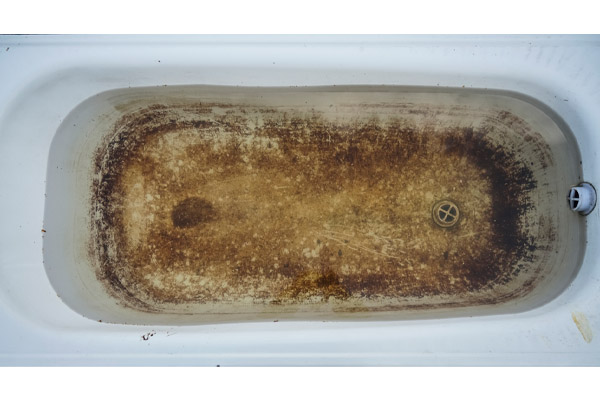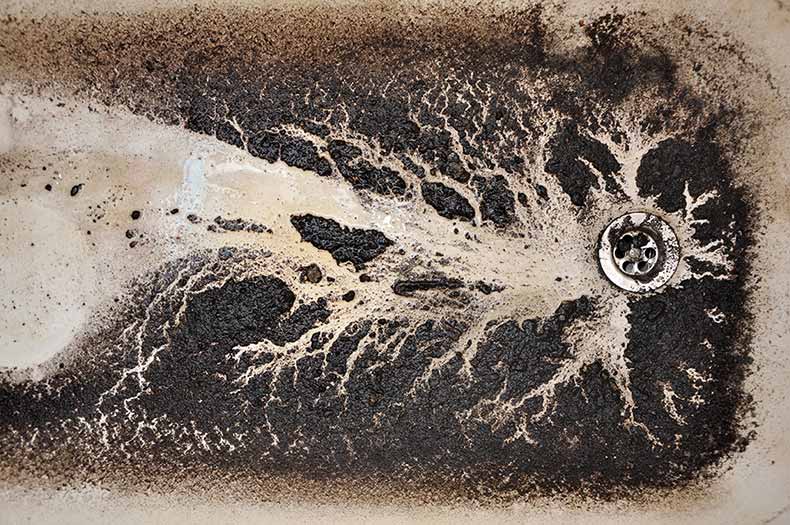Significant Factors Behind Waste in the Bathtub
Significant Factors Behind Waste in the Bathtub
Blog Article
What are your beliefs on What to Do if Sewage Starts Coming Up Through Your Bathtub?

Sewage back-up in the bathtub can be a traumatic and unsanitary issue for any home owner. Not only is it inconvenient, yet it also postures severe health dangers and shows underlying issues with the plumbing system. Comprehending why sewer is turning up with the bathtub is critical for taking ideal activity to address the issue successfully.
Intro to the Problem
Common Factors for Sewer Back-up
Clogs in the Sewage System Line
Among the most common sources of sewer backup is a blockage in the sewer line. This can take place as a result of the build-up of particles, grease, or international items in the pipes, protecting against correct flow and creating sewer to back up right into your tub.
Tree Root Intrusion
Tree origins seeking moisture and nutrients can infiltrate sewage system lines with small splits or joints. Gradually, these roots can expand and expand, creating substantial damage to the pipelines and causing sewage back-up problems.
Comprehending the Problem
When sewer starts backing up right into the bath tub, it's a clear sign of a problem with the drain system. The wastewater that must be flowing away from your home is rather locating its back right into your living space, which can lead to considerable damages and carcinogen.
Possible Reasons
Numerous aspects can add to sewage backup in the bathtub. From blockages in the sewer line to concerns with the plumbing framework, recognizing the root cause is necessary for discovering a service.
Aging Infrastructure
Older homes might have dated plumbing systems that are much more prone to rust, splits, and wear and tear. As pipelines age, they end up being much more susceptible to leaks and blockages, enhancing the likelihood of sewer back-up occurrences.
Heavy Rainfall or Flooding
During durations of heavy rainfall or flooding, the drain system may become overwhelmed with excess water, causing backups and overflows. This can lead to sewage supporting right into bath tubs and other components inside the home.
Indicators of Sewage Backup
Foul Odors
Unpleasant odors rising from drains pipes or fixtures, especially in the washroom, might show sewer back-up issues. These odors are typically strong and consistent, signaling a problem that requires immediate focus.
Slow Draining Fixtures
Bath tubs, sinks, and commodes that drain pipes gradually or otherwise in all could be experiencing sewer backup. If multiple components are influenced concurrently, it's most likely that the concern originates from a typical factor, such as the primary sewage system line.
Gurgling Noises
Odd gurgling or gurgling noises coming from drains when water is running elsewhere in the house are a sign of air caught in the plumbing system. This air accumulation can arise from sewer back-up and must be checked out immediately.
Health And Wellness Risks Associated with Sewer Back-up
Contamination of Water System
Sewer backup can pollute the water supply in your home, posing a severe health danger to you and your family. Exposure to polluted water can bring about gastrointestinal issues, skin infections, and other health problems.
Mold and mildew Development
Wetness from sewer backup can produce suitable conditions for mold development in your house. Mold and mildew spores can intensify breathing troubles and cause allergies in sensitive individuals, making timely clean-up essential.
Spread of Disease
Sewage consists of hazardous germs, viruses, and parasites that can create a series of conditions, including hepatitis, cholera, and gastroenteritis. Entering into contact with sewer or infected surfaces puts you at risk of infection.
Cleaning Up After Sewage Backup
Sanitation Procedures
Extensively disinfect and sanitize influenced areas after sewer back-up to remove unsafe microorganisms and prevent mold growth. Use proper cleaning products and protective gear to ensure risk-free and effective clean-up.
Restoration of Influenced Areas
Fix any type of damages to flooring, wall surfaces, or components caused by sewer back-up. Depending on the degree of the damages, you might require to change carpets, drywall, or various other products to recover your home to its pre-loss condition.
Immediate Actions to Take
Switching Off Supply Of Water
In the event of sewer backup, it's vital to turn off the water to stop more contamination and damage. Locate the primary water shutoff valve in your house and shut it off till the issue can be resolved.
Speaking To a Specialist Plumber
Handling sewer backup is not a do it yourself job. Contact a licensed plumber with experience in handling sewage-related issues to evaluate the circumstance and execute required repair work or cleanups.
Preventing Contact with Polluted Water
Till the sewer backup is resolved, stay clear of contact with polluted water to avoid the spread of microorganisms and microorganisms. Use protective gear if you have to be in the affected area and wash your hands completely later.
Preventive Measures
Regular Maintenance of Sewage System Lines
Set up routine assessments and maintenance of your drain lines to recognize and deal with prospective concerns before they intensify into significant problems. This can include cleaning out particles, evaluating for tree root intrusion, and repairing any type of broken pipes.
Installing Bayou Shutoffs
Consider installing bayou shutoffs in your plumbing system to stop sewer from flowing back into your home throughout periods of heavy rainfall or flooding. These shutoffs instantly close when water starts backing up, safeguarding your property from contamination.
Correct Disposal of House Waste
Avoid purging anything other than toilet paper and human waste down the toilet to stop obstructions and clogs in the sewage system line. Dispose of oil, oil, and various other family chemicals appropriately to minimize the risk of plumbing issues.
Why Is Water Backing Up in My Bathtub When I Flush My Toilet?
What to do about a sewer line clog
First, don’t bother with plunging. No amount of plunging will dislodge the clog in a sewer line. The clog is too far away. Plungers are for clogs in the toilet itself, not the sewer line. Plus, the most likely causes of a sewer clog are:
Tree roots Flushed toys or feminine products Grease buildup Those items don’t move easily. And in the case of tree roots, the roots need to be cut out of the pipe and the pipe will need to be repaired.
You’ll need a closet auger. A closet auger is a type of plumber’s snake with a protective cover to keep from scratching the delicate porcelain toilet. If the clog is further down, you may need to remove the toilet or use one of your cleanouts to get to the clog.
We also recommend doing a video inspection of the drain to ensure that the cause of the clog has been completely removed. Otherwise, you could have the same problem again in a few days or weeks.
https://mspplumbingheatingair.com/blog/why-is-water-backing-up-in-my-bathtub-when-i-flush-my-toilet

I hope you enjoyed reading our section on . Thank you for taking a few minutes to browse our posting. Sharing is nice. Helping others is fun. I recognize the value of reading our article about Why is Sewage Backing Up Into My Bathtub?.
Services
Report this page